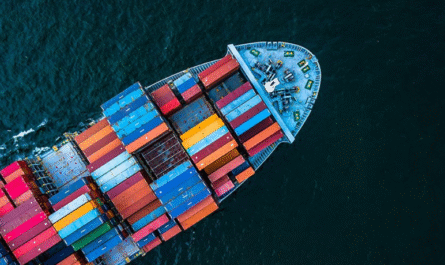In an age where digital payments are revolutionizing commerce globally, Pakistan’s progress tells a different story. According to a recent report by the State Bank of Pakistan (SBP), only 3% of the country’s 5 million retailers currently accept payments via Point-of-Sale (POS) machines. This stark statistic highlights a major bottleneck in the nation’s journey toward a cashless and inclusive economy.
🏪 The Reality: Cash Still Reigns Supreme
Despite significant growth in mobile wallets, internet banking, and QR-based payment systems, Pakistan’s retail sector remains deeply cash-reliant. Whether you’re buying groceries, eating out, or shopping for clothes, chances are you’ll be asked to pay in cash.
The adoption of POS terminals—devices that allow credit/debit card transactions—is alarmingly low. Only about 150,000 POS terminals are currently in use across Pakistan, covering just a fraction of the nation’s sprawling retail network.
💡 Why Is POS Adoption So Low?
There are several reasons behind this lag:
- High Costs for Merchants
Banks charge setup fees, monthly maintenance charges, and transaction commissions, making it unattractive for small shopkeepers. - Lack of Awareness and Digital Literacy
Many small retailers are unaware of the benefits or processes of digital payments. There’s also mistrust regarding taxes and formal banking. - Informal Economy Dominance
A significant portion of the economy operates off-the-books. Accepting digital payments requires formal registration, which many retailers wish to avoid. - Limited Infrastructure
Internet instability and lack of electricity in rural areas discourage the installation of POS systems. - Customer Behavior
With most consumers still preferring to use cash, many retailers see no urgent need to shift to digital alternatives.
📊 Why It Matters: Missed Opportunities
Pakistan’s digital economy is projected to grow rapidly, but this growth could be stunted without retail digitization.
- Financial inclusion remains limited when small merchants are disconnected from the banking system.
- Tax collection suffers due to undocumented cash transactions.
- E-commerce and fintech sectors find it harder to scale when the retail backend is not digitized.
- Consumer convenience and security are compromised without card or digital wallet options.
🛠️ What Needs to Change?
To close this gap and encourage digital adoption, the government, regulators, and fintech players must take coordinated action:
- Incentivize Retailers
Offer tax breaks, subsidies, or free POS installations for small businesses that switch to digital payment systems. - Simplify Setup & Lower Fees
Encourage banks to offer zero-commission POS models for small vendors, and reduce regulatory red tape. - Boost Public Awareness
National campaigns that highlight the ease, safety, and benefits of digital payments can help shift mindsets. - Leverage QR and Mobile-Based Solutions
With smartphones becoming common, QR codes and mobile wallet payments can be more scalable and cost-effective than traditional POS machines. - Policy and Enforcement
A long-term strategy should include gradually phasing out cash-only businesses, especially in urban centers.
Only 3% of 5 Million Retailers Accept Digital Payments Via POS Machines: SBP
🚀 A Digital Future Within Reach
The fact that only 3% of retailers accept digital payments isn’t just a statistic—it’s a call to action. Pakistan has already made impressive strides in mobile banking and fintech innovation. The infrastructure is developing, consumer behavior is slowly shifting, and the demand for seamless payments is rising.
What’s needed now is collective resolve to digitize the economy at its grassroots—starting with the everyday shopkeeper. Because when small retailers go digital, everyone benefits—from consumers and fintech companies to banks and the broader economy.



